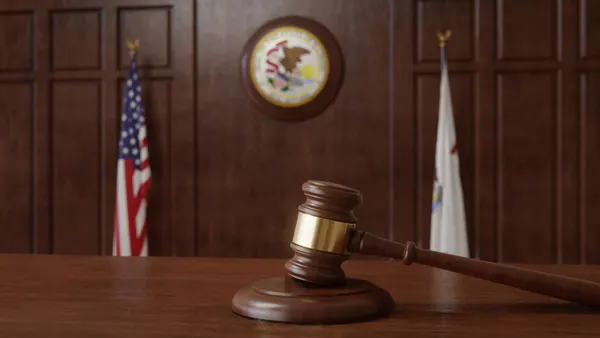Call it a squeeze play. Prosecutors looking to pin corporate scandals on the top dog often press other executives for information that could prove a case against the CEO in exchange for leniency for the informers. And despite the intense camaraderie most CFOs claim to share with their CEOs, finance chiefs facing criminal sentencing have traditionally jumped at the offer.
So now that indictments have been brought against Scott Sullivan, former CFO of WorldCom, and Andrew Fastow, former CFO of Enron, you can bet that federal prosecutors are leaning on them to fess up about what part their bosses played in the alleged fraud. (At press time, the former CEOs of these companies, Bernard Ebbers and Kenneth Lay, respectively, had yet to be formally accused.) “In every case, the prosecutor is ultimately going after the CEO, and the CFO’s testimony is usually a critical element in building that case,” says former federal prosecutor John Falvey, now an attorney at Testa Hurwitz.
In the early 1990s, for example, former Phar-Mor CFO Patrick Finn was sentenced to less than 3 years in jail for accounting fraud after testifying against former boss Michael Monus, who received nearly 20 years.
In cases like Enron, WorldCom, and others, “the downside to fighting to the end and losing is enormous,” notes Falvey. While plea-bargaining “doesn’t necessarily mean a walk, it can reduce the years you spend in federal prison.”
Already, prosecutors have recruited lower-level informants, like former WorldCom controller David Myers, to cooperate with the investigation as they move up the chain toward bigger fish. But how much leniency currently accused CFOs like Swartz or Sullivan stand to gain is open to question. “As CFOs continue to increase in prominence, they are becoming targets themselves,” says Martin Weinstein, an attorney with Foley & Lardner and a former prosecutor for the Department of Justice. “I’m not sure that prosecutors will be so ready to make deals with CFOs.” With CEOs at many of the companies in question sticking to their stories that they didn’t know about the sophisticated financial frauds like that at Enron, some CFOs may find themselves taking the fall.












